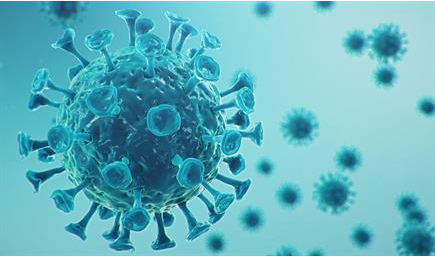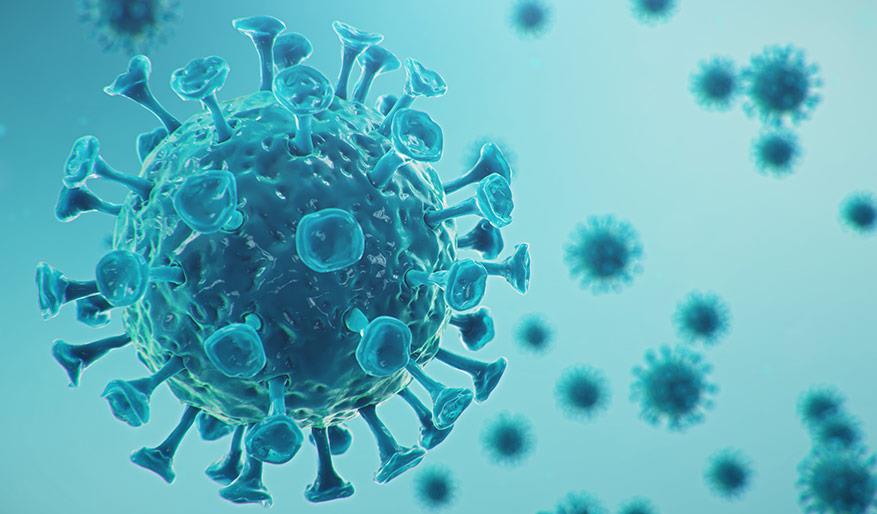Our Doctors
Meet all the doctors from Cleveland Clinic Abu Dhabi.
View Doctors
There’s a lot of information going around. What’s the truth about the coronavirus?

There are many myths circulating about COVID-19. Unfounded advice such as eating more garlic, to avoiding mosquitoes, seem be popping up everywhere.
As with many news stories, fake news quickly circulates. Social media has quickened the spread of fake news and with an unprecedented global health pandemic like COVID-19, there is a lot of information circulating, much of which is not accurate.
If you see a story online, it is always important to check its source. Myths tend to originate from sources that have no credibility. If you want to fact check something you have read or heard, always check to see if it came from an organization that is reputable.
The World Health Organization and the UAE Department of Health are both trusted sources of information, and regularly update their websites to make sure you have access to the most up-to-date information when it comes to COVID-19.
| Myth | Fact |
|---|---|
| Mosquitoes can carry coronaviruses. | Coronavirus cannot be transmitted through mosquito bites. COVID-19 is a respiratory virus and spreads primarily person to person via respiratory droplets, when an infected person coughs or sneezes. |
| Only older people are affected by COVID-19 | People of all ages can be affected by COVID-19. Everyone is advised to take steps to protect themselves from the virus, by regularly washing their hands and maintaining physical distancing. Older people and those with underlying health conditions are more susceptible to becoming seriously ill with COVID-19. |
| COVID-19 is more easily transmitted in warmer, more humid places. | All evidence suggests that COVID-19 is transmitted is ALL geographical areas, including those with hot and humid climates. |
| Antibiotics kill the virus | Antibiotics cannot kill viruses, only bacteria. As COVID-19 is a virus, antibiotics should not be used as treatment. However, if you are admitted to hospital then you may be given antibiotics for a concomitant bacterial infection. |
| Cold weather can kill the virus | Cold weather cannot kill the virus. COVID-19 lives inside the human body, where the temperature remains at around 37 degrees, regardless of the outside temperature. |
| Eating garlic protects you from the virus | There is no evidence to suggest that eating garlic will offer any protection form COVID-19. Garlic is a healthy food and contains antimicrobial properties, but it won’t protect against viruses. |
Evidence shows the most effective ways to stop the spread of COVID-19 is simply to regularly and thoroughly wash your hands, avoid touching your face, and practice physical distancing and self-isolation.